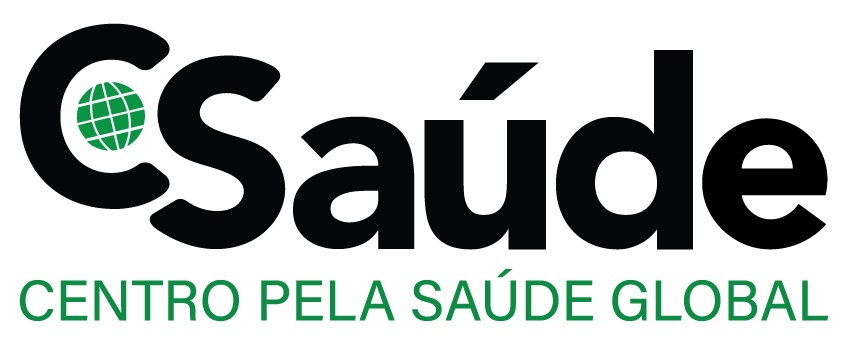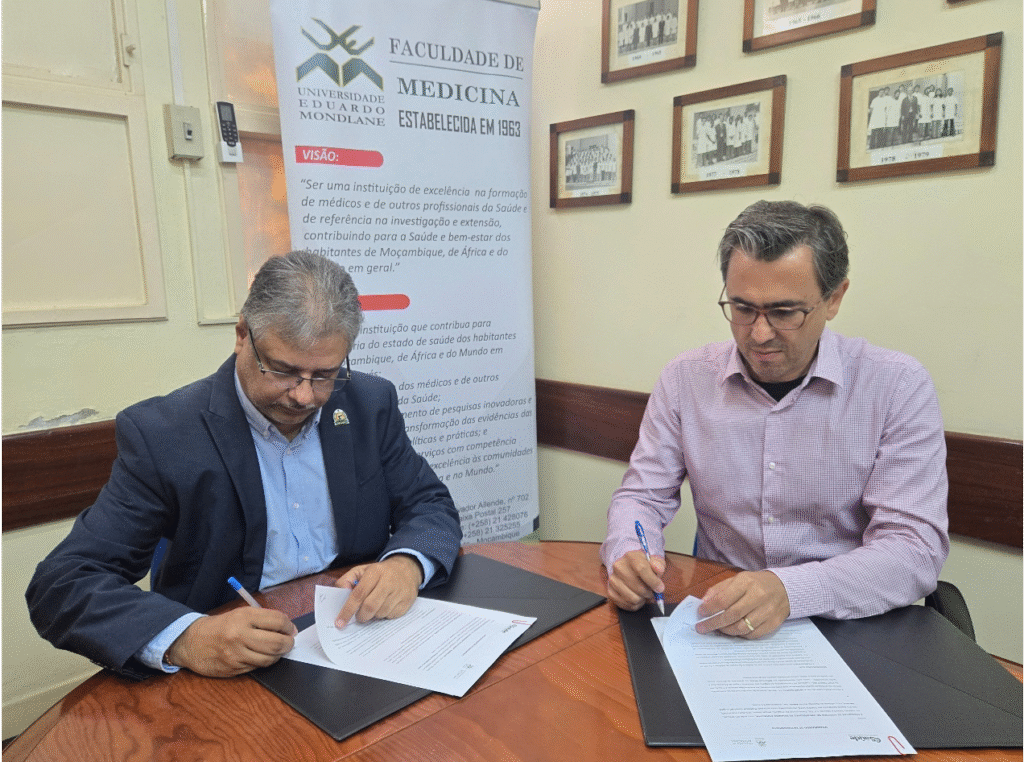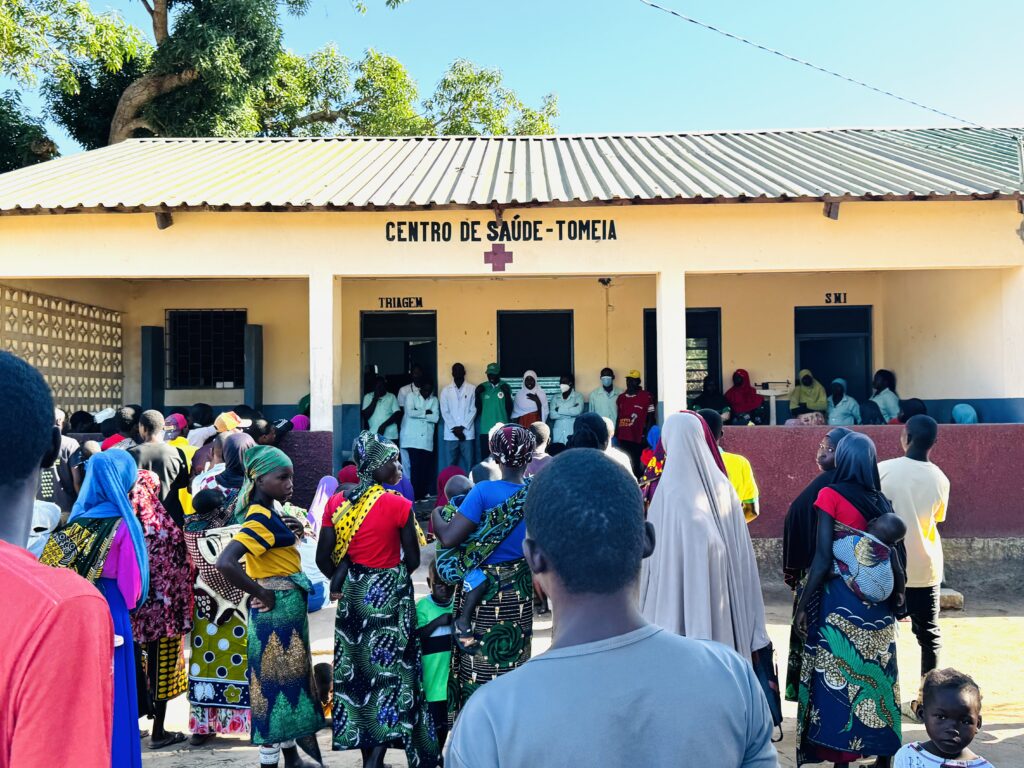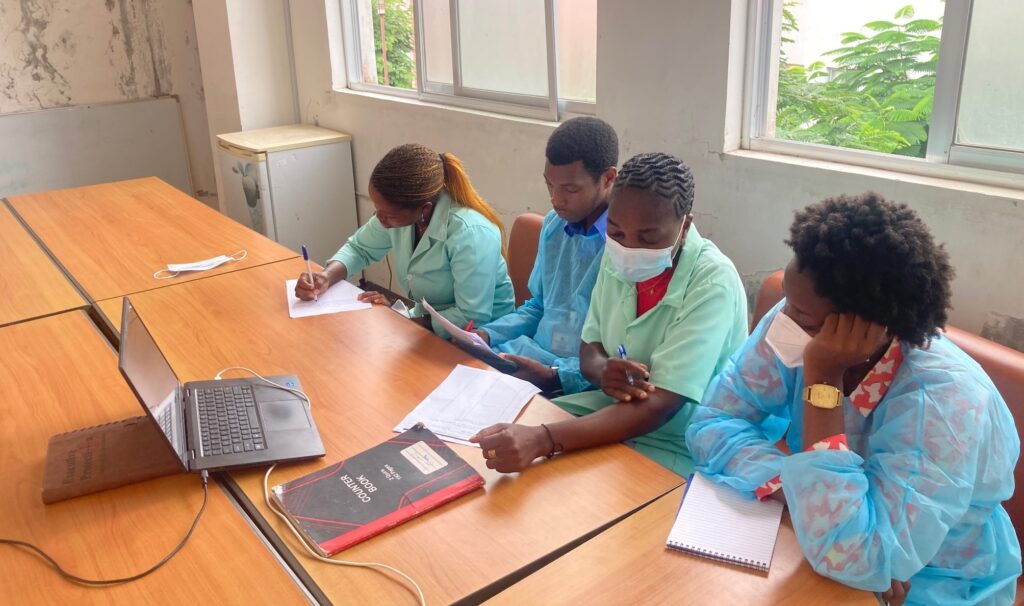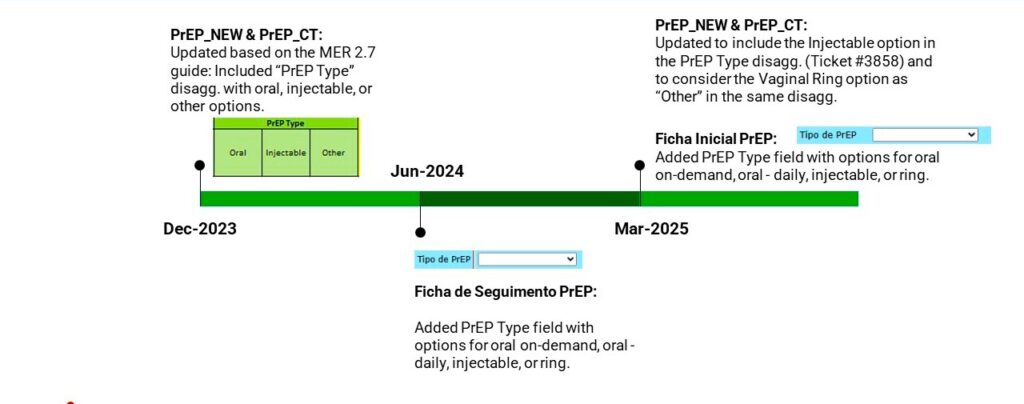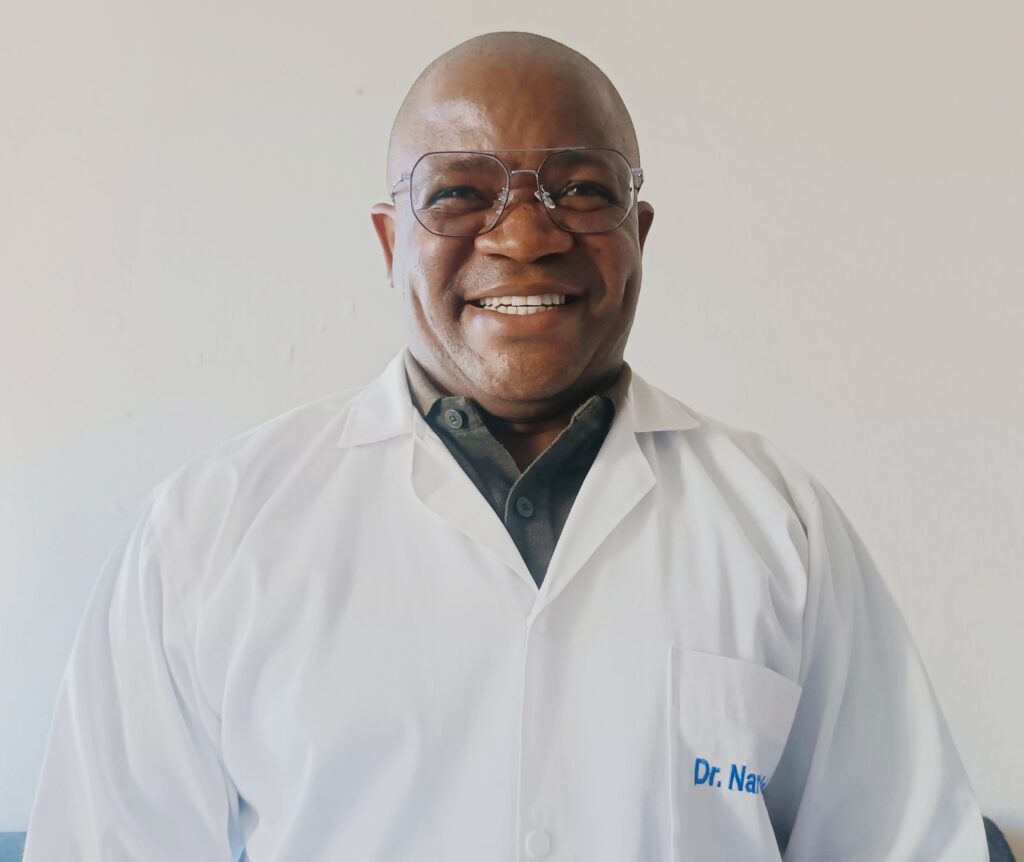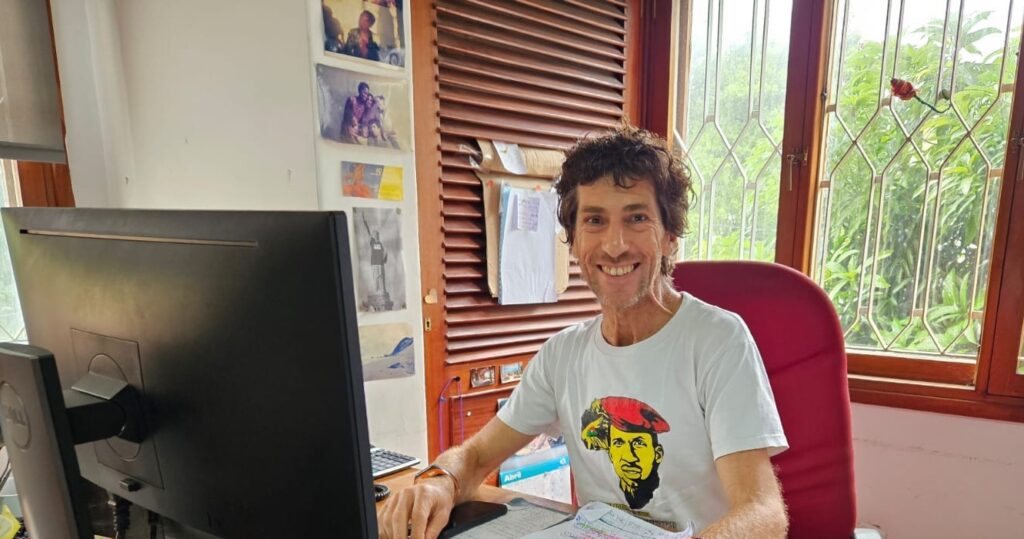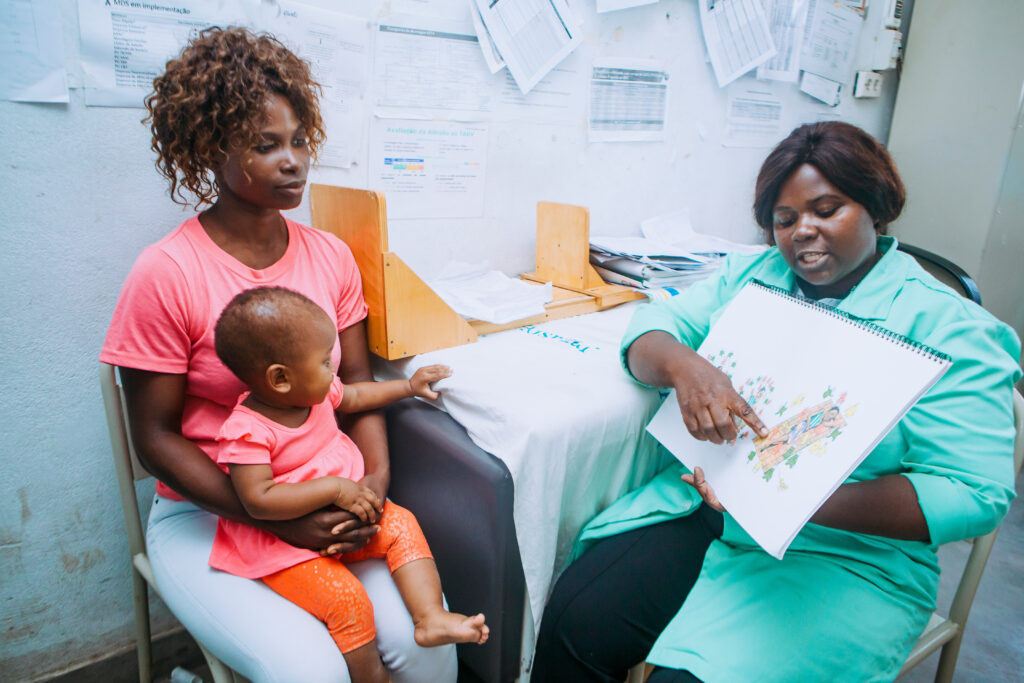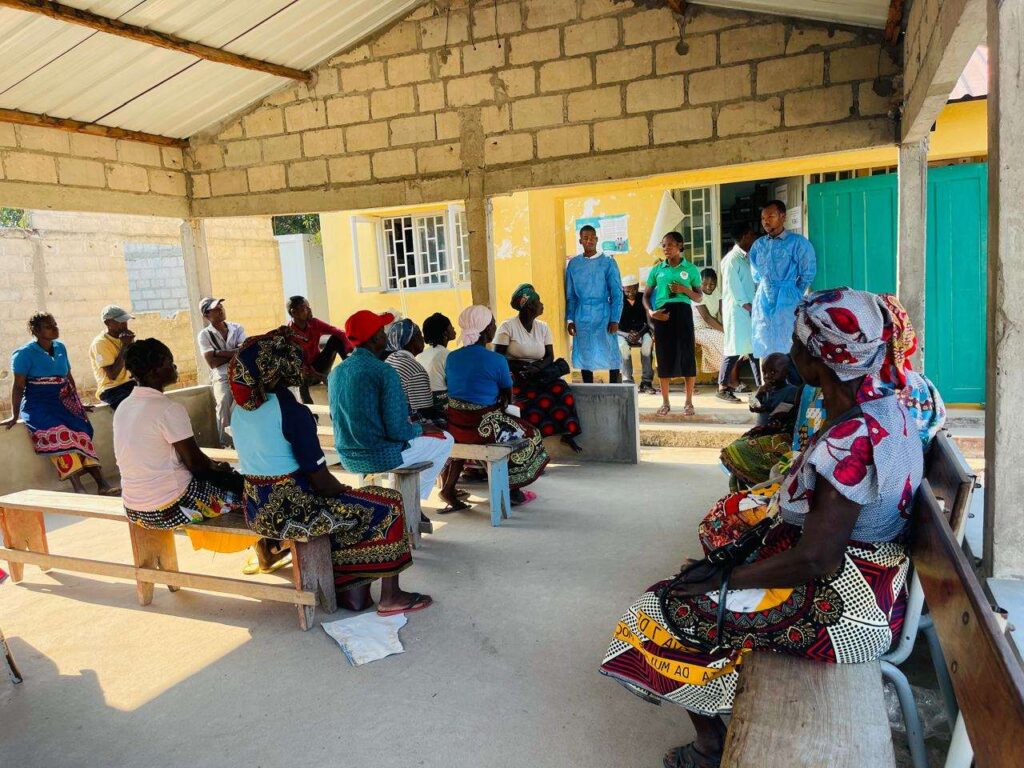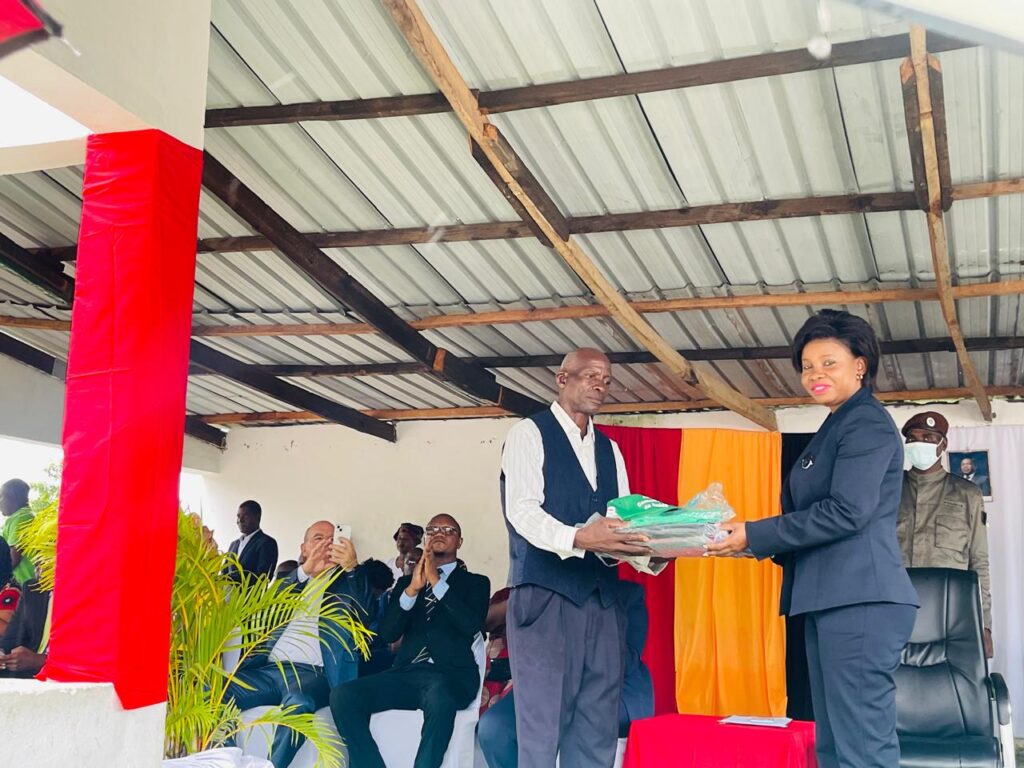A look into his history Dr. Valoi’s career began with his academic training, which was consolidated in 2007, followed by extensive experience in public health, especially in HIV/AIDS. Currently serving as the Provincial Prevention Manager for the Avante Zambézia Project, he leads a collaborative effort to reduce HIV transmission and improve the quality of life for those affected by the disease. His responsibilities include implementing prevention strategies such as counseling and testing, offering PrEP, screening high-risk populations, and guiding multidisciplinary teams. His efforts extend beyond healthcare facilities: Dr. Valoi has successfully coordinated awareness campaigns in remote communities, tackling barriers such as stigma and fear associated with HIV. His journey also includes working with vulnerable populations, such as victims of violence, where he has always stood out for his empathy and welcoming approach. The role of a doctor in prevention strategy Dr. Valoi states that his work at C-Saúde is deeply aligned with the organization’s mission: to support the Mozambican government in controlling the HIV epidemic. His role is not limited to program management but also involves continuous training of healthcare teams and the implementation of new strategies to expand the reach of prevention and treatment services. As a partner of MISAU, C-Saúde has played a crucial role in implementing national guidelines, resulting in significant progress such as expanded testing, improved adherence to treatment, and reduced stigma. Dr. Valoi explains that collaboration among stakeholders has been essential in strengthening the prevention network, leading to reduced HIV transmission, higher patient retention in treatment, and better viral load coverage. humanizing care: A patient-centered approach In his practice, Dr. Valoi adopts a patient-centered approach that goes beyond mere medication. He emphasizes that each patient should be treated uniquely, considering not only their clinical needs but also their emotional and social well-being. By integrating psychosocial counseling, support groups, and individualized follow-up, Dr. Valoi has witnessed significant changes in the lives of many patients. Patients who initially feared diagnosis and stigma have now become advocates for HIV treatment and prevention in their communities. One of the most impactful cases in Dr. Valoi’s career was that of a young mother and sex worker who, after receiving a positive diagnosis, was on the verge of abandoning treatment. However, with emotional support, education about the disease, and a strengthened social support network, she not only remained in treatment but also became a peer educator, helping other women face stigma and live with HIV. Challenges and opportunities: the daily struggle Like any public health endeavor, challenges are constant. Dr. Valoi highlights that dealing with stigma, disclosure of diagnosis, and treatment adherence are among the most common obstacles patients face. Additionally, integrating youth, especially adolescents in vulnerable situations, remains a challenge, as many encounter resistance from sexual partners and family members. To overcome these obstacles, education and community engagement have been key elements. Dr. Valoi invests in awareness campaigns, training community and religious leaders, and leveraging local influencers to shift mindsets. “HIV does not define anyone. With treatment, it is possible to live a quality life,” he asserts, emphasizing that prevention is the most effective way to combat the epidemic. The impact of his work: Visible results in the community Reflecting on the outcomes of his work, Dr. Valoi highlights that Zambézia Province has made significant progress in HIV prevention and treatment. Increased testing, greater demand for prevention methods like PrEP, and adherence to ART are clear indicators of success. The reduction in AIDS cases and the improved quality of life for people living with HIV are sources of great pride for him. “Seeing these results, I realize that I am part of a story where people are helping control the epidemic, and it is an honor to be part of this story,” concludes Dr. Valoi. Towards a better future Dr. Valoi has an optimistic vision for the future of HIV treatment in Zambézia. He believes that with the expansion of PrEP, increased demand for self-testing, and ongoing community awareness, epidemic control will be even more effective. His wish is for more men, community leaders, and religious figures to actively engage in prevention efforts, fostering a profound transformation in society. Balance and purpose: Life beyond work Despite the emotional toll of his work, Dr. Valoi finds balance in his personal life. He shares his love for animals, plants, and reading activities that help him recharge and maintain his mental health. He emphasizes that the fulfillment of knowing he is fulfilling his purpose as a doctor and human being keeps him motivated to continue his mission.
